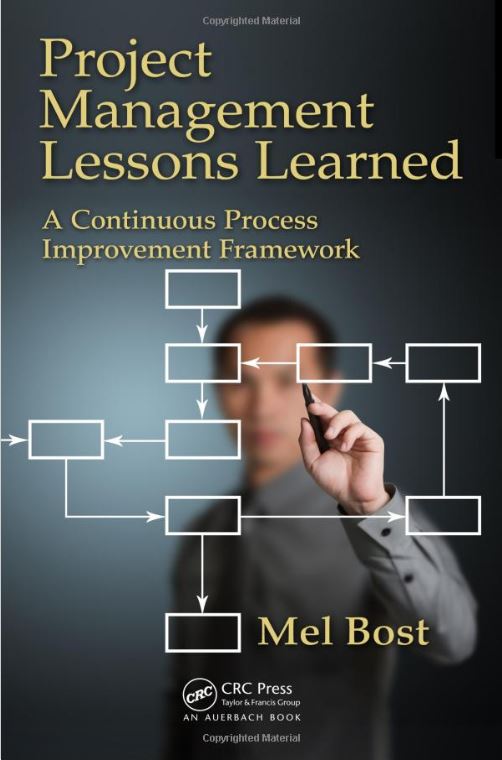I find it really interesting that people are all clamoring to get copies of Steve Jobs’ biography. And the press is continually revealing their own interpretation of passages from his book and key events from his life. Why is this?
Because people are looking for that instant key to “wisdom” that Steve Jobs exhibited which made him a successful entrepreneur and innovator. People are not content to reflect on their own experiences about successful activities from their own lives, and their key interactions and relationships with others, to find the lessons learned that they desire.
Instead, they are looking for that instant “wisdom” that Steve Jobs talked about throughout his life. Interesting that people are studying him now more than when he was alive.
One of my favorite quotes from Steve Jobs was the following:
“You can’t connect the dots looking forward; you can only connect them looking backwards. So you have to trust that the dots will somehow connect in your future. You have to trust in something – your gut, destiny, life, karma, whatever. This approach has never let me down, and it has made all the difference in my life. ”
In the past, “Lessons Learned” evoked a connotation of taking time away from “valuable” activities that supported ongoing interests to look back at some activity already completed in order to record someone’s mistakes and provide guidance to them in how to proceed next time.
We need to reframe our thinking about “Lessons Learned.” We need to see “Lessons Learned” in any situation as an “opportunity” to improve performance, create more successful outcomes for ourselves and for the people affected by our activities, and to improve the overall processes by which we live our daily lives.
In a recent audio CD interview for “Success” magazine, Dr. Oz  stated an interesting perspective on getting second opinions for a diagnosis which your physician might have given for an ailment or disease. Many people refuse to get second opinions because they fear that their physician will take offense at being second guessed. But he stated a statistic that one of every three second opinions results in a reversal of the original opinion. So a “reframing” of this situation means that if a second opinion were shared with the original physician with good, sound, medical and scientific evidence that the second opinion should be acted upon, then the original physician stands to benefit as much from the opinion as does the patient. Think of how many patients the physician will see going forward for which he will have more knowledge and opinions to provide an original opinion. The “Lessons Learned” from this example are enormous in terms of future diagnoses and resulting treatments.
stated an interesting perspective on getting second opinions for a diagnosis which your physician might have given for an ailment or disease. Many people refuse to get second opinions because they fear that their physician will take offense at being second guessed. But he stated a statistic that one of every three second opinions results in a reversal of the original opinion. So a “reframing” of this situation means that if a second opinion were shared with the original physician with good, sound, medical and scientific evidence that the second opinion should be acted upon, then the original physician stands to benefit as much from the opinion as does the patient. Think of how many patients the physician will see going forward for which he will have more knowledge and opinions to provide an original opinion. The “Lessons Learned” from this example are enormous in terms of future diagnoses and resulting treatments.
We must begin to think of “Lessons Learned” in terms of opportunity and the value that they add to all stakeholders including those in the future who could benefit from the capture, documentation and sharing of the “Lessons Learned.” To connect the dots in the future, as Steve Jobs alluded to in his quote, we need to use all of our backward looks to gain a better appreciation for what is possible in the future. We need to think of the “value” we can create for the world at large by creatively looking at lessons learned.

I’d have to go along with with you one this subject. Which is not something I usually do! I enjoy reading a post that will make people think. Also, thanks for allowing me to speak my mind!
My blog is about Travel Tips.